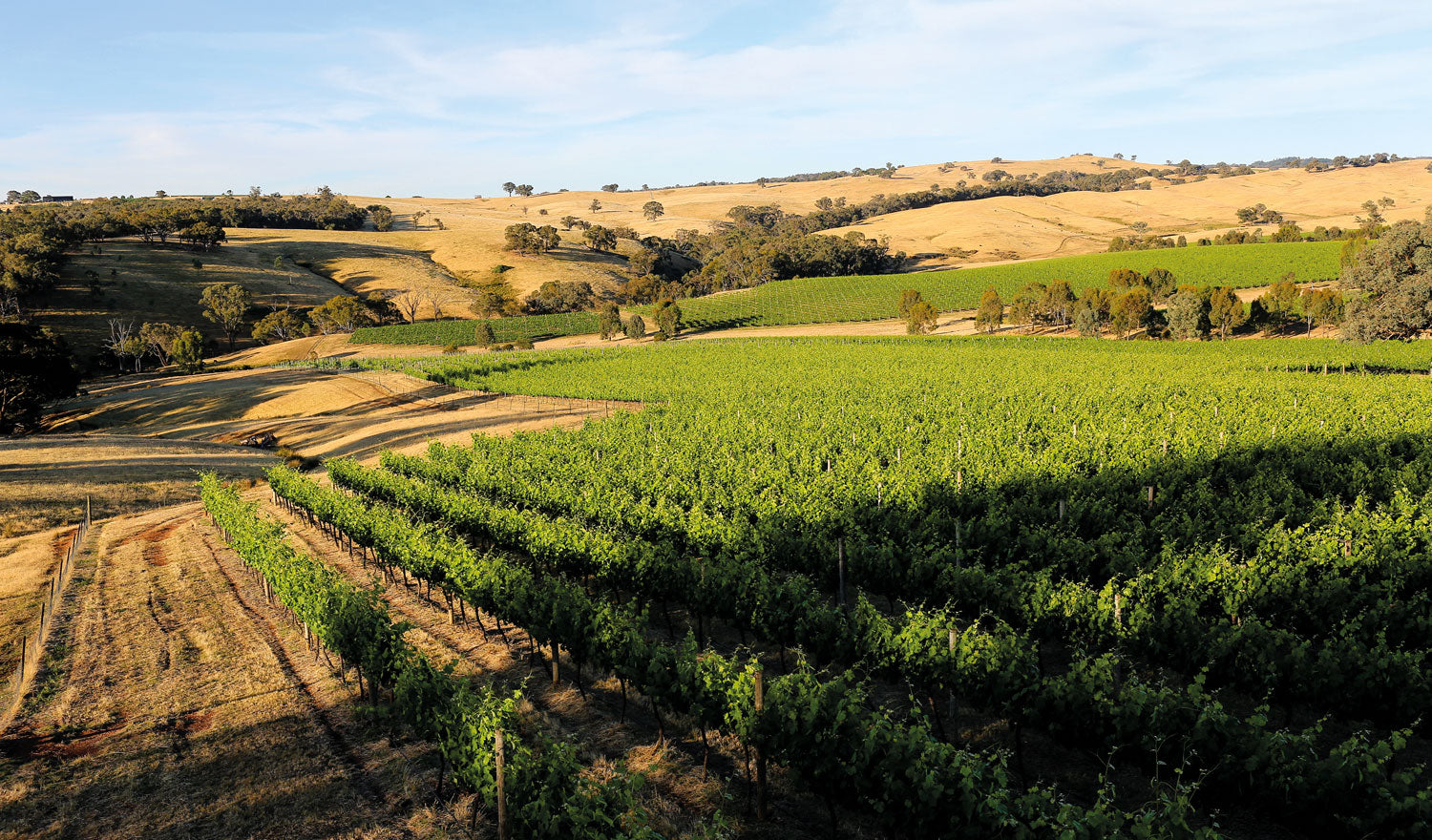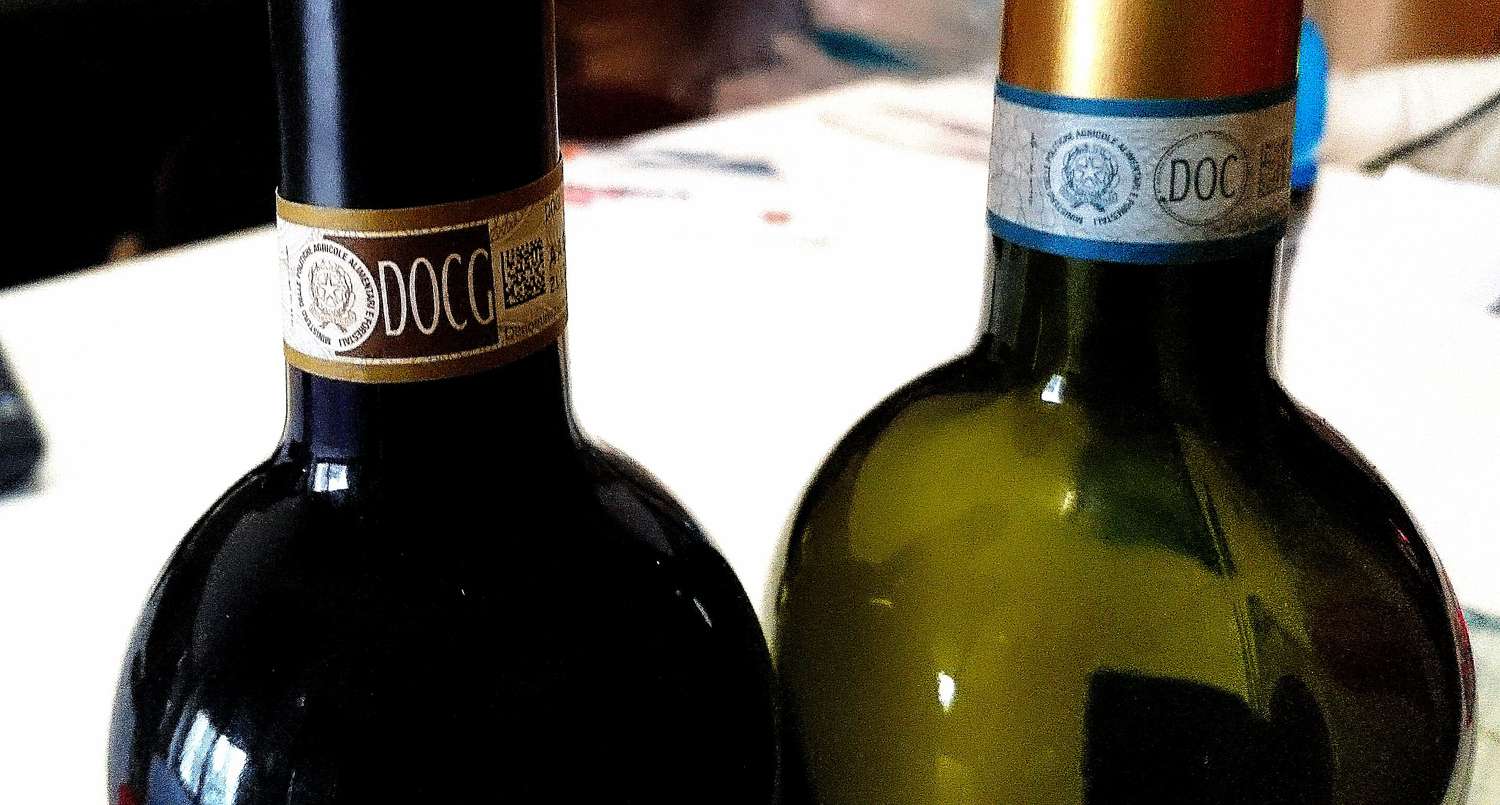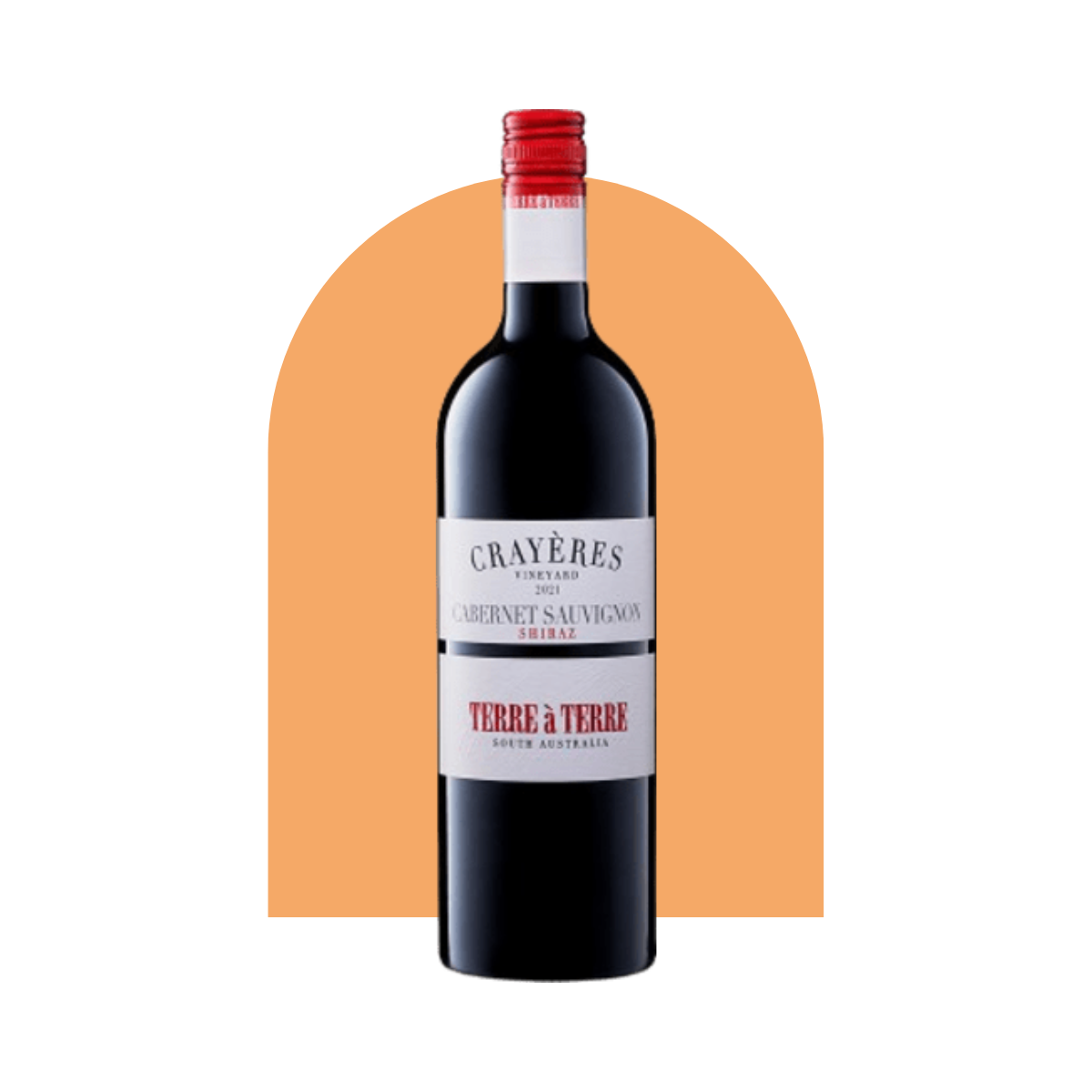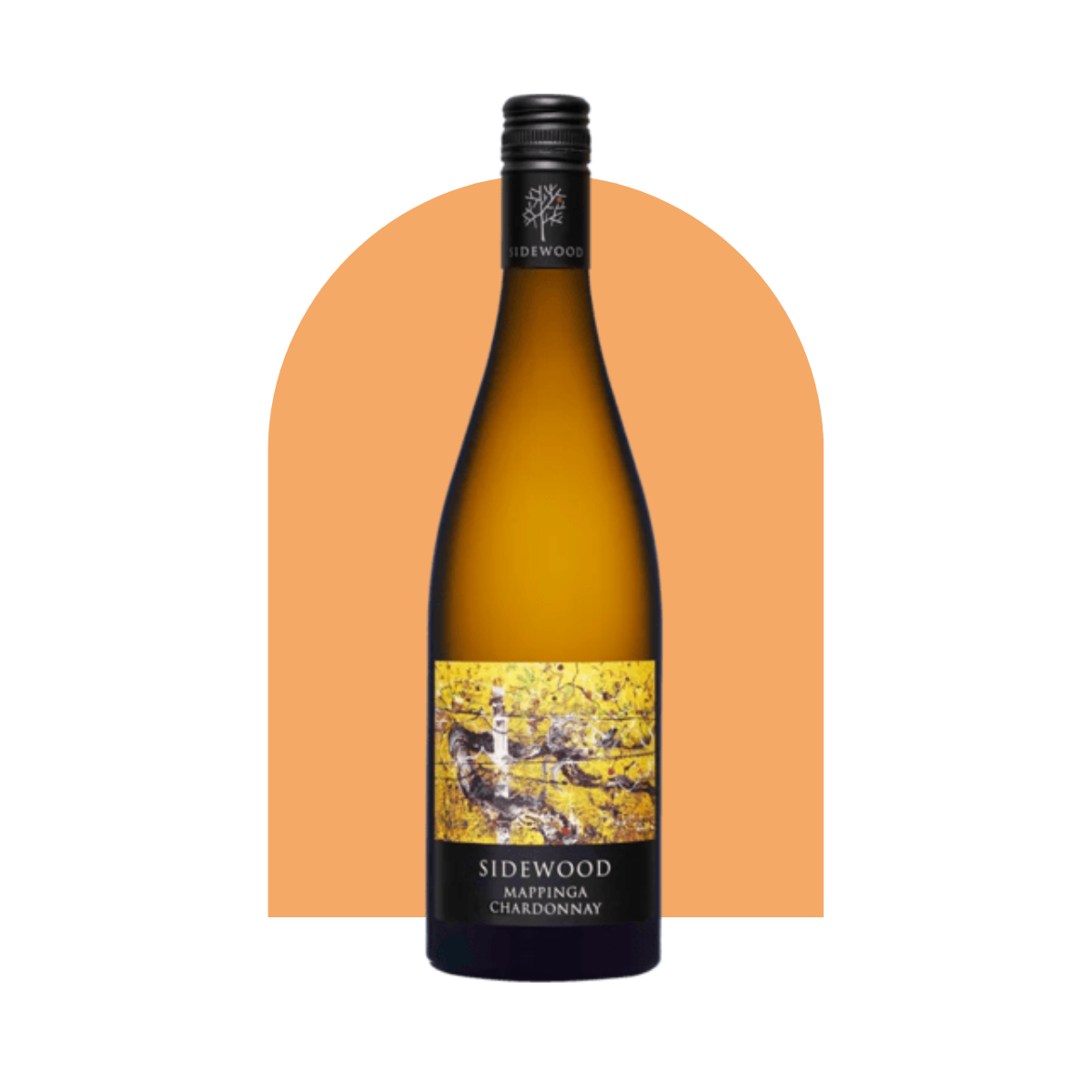Orange Wine: The Next Big Thing in 2024?

Introduction
Orange wine is a unique category that's captivating the world of wine enthusiasts and casual drinkers alike. It combines the bright acidity of white wine with the rich, tannic structure of red. Often referred to as skin contact wine, orange wine is made from white grapes but fermented with their skins and seeds, giving it a distinctive amber hue.
Originating in Georgia, where winemaking traditions date back over 8,000 years, orange wine has roots deeply embedded in history. Georgian winemakers traditionally used large clay vessels called qvevri to ferment and age their wines, a method that imparts unique flavours and textures. Today, this ancient practice is experiencing a renaissance, finding new life in modern winemaking regions across Europe, North America, and beyond.
The current surge in interest and popularity of orange wine can be attributed to several factors:
- A growing fascination with natural and minimal-intervention wines.
- Increased visibility on social media platforms like Instagram and TikTok.
- A collective shift towards sustainable and authentic food and beverage choices.
In this article, we'll explore why orange wine is poised to become the next big thing in 2024. We'll delve into its production process, unique taste profile, rising trends, challenges in winemaking, aging potential, ideal food pairings, and more. Whether you're a curious newcomer or a seasoned oenophile, there's something truly magical about discovering this fascinating category of wine.
Understanding Orange Wine
Orange wine, also known as skin contact wine or macerated wine, is crafted through a unique production process that sets it apart from its white and red counterparts. At its core, orange wine is made from white grapes, but what makes it special is the extended skin contact during fermentation.
The Production Process
In traditional white wine production, the grape skins are removed almost immediately after pressing to avoid imparting colour and tannins. Orange wine flips this script. Here, the juice ferments with the grape skins for days, weeks, or even months. This contact not only gives the wine its distinctive amber hue but also enhances the texture and complexity of flavours.
"The magic lies in the maceration," says vintner Elena Pantaleoni. "It's about letting the grapes tell their full story."
Key Differences Between Wines
- White Wine: Made from white grapes with minimal to no skin contact, resulting in a clear, crisp profile.
- Red Wine: Crafted from red or black grapes with extended skin contact to extract deep colours and tannins.
- Orange Wine: Made from white grapes with prolonged skin contact, which imparts a rich colour and complex flavour profile.
This method goes back to ancient winemaking traditions from regions like Georgia, where winemakers have been perfecting this technique for thousands of years. As we embrace these time-honored practices today, orange wine offers a bridge between history and modern innovation in every glass.
The Unique Taste Profile of Orange Wine
Orange wine offers a delightful combination of flavours and aromas that make it distinct from both red and white wines. It has a unique taste profile that includes:
- Citrus zest
- Dried apricot
- Honey
- Almond or hazelnut notes
- Earthy undertones
Unlike traditional white and red wines, orange wine is known for its bold flavours and textural richness. While white wines are typically crisp with light floral notes, red wines have deep berry flavours and tannic heaviness. Orange wines bring together the best of both worlds, offering the refreshing qualities of whites and the structural depth of reds.
The taste of orange wine can vary depending on factors such as grape varieties like Viognier and Grenache Blanc. Viognier may add aromatic peach and floral notes, while Grenache Blanc could introduce hints of green apple and stone fruit. Additionally, the terroir (environmental factors), vinification methods (winemaking techniques), and aging processes also play important roles in shaping these distinctive characteristics.
Isn't it fascinating how these different elements come together to create an orange wine? This unique blend makes it a versatile choice for those who enjoy exploring new flavours in their wine experience.
The Rise of Orange Wine: A New Trend in 2024?
The orange wine boom is capturing the attention of wine enthusiasts worldwide. Recent sales data from UK supermarkets reveal a significant uptick in orange wine purchases, hinting at a growing curiosity and appreciation for this unique varietal.
Younger consumers, particularly those active on platforms like TikTok, are playing a pivotal role in this trend. Videos showcasing the vibrant hues and distinct tasting experiences of orange wine, such as this one that racked up millions of views, are driving not just aesthetic appreciation but also educational content that helps demystify what orange wine is and why it’s worth trying. Another popular video further illustrates the allure of this wine style.
A shift towards natural and sustainable choices in the wine industry is another factor fueling the rise of orange wine. As consumers become more conscious of their environmental footprint, wines produced with minimal intervention and organic practices gain favour. Orange wine, often crafted using traditional methods with minimal additives, aligns perfectly with these values.
Across Sydney bars and restaurants, the presence of orange wine on menus is becoming more common. This visibility in trendy locales acts as a catalyst for wider acceptance and excitement around this unconventional yet enchanting beverage.
Is there a new boom coming? All signs point to yes, as orange wine continues to find its place in the glasses—and hearts—of a diverse and discerning audience.
Exploring Aging Potential: Can You Cellar Orange Wine Like Red?
A question that often comes up among wine lovers is, can you cellar orange wine just like its red counterpart? The aging potential of orange wine depends on a few important factors, including its unique production process and the grape varieties used.
Aging Dynamics: Red vs. Orange
Red Wines
Typically aged due to their tannic structure and acidity, which act as natural preservatives. Over time, these elements evolve, resulting in complex flavor profiles that mature beautifully in the bottle.
Orange Wines
Share some characteristics with reds, particularly due to the skin contact during fermentation which imparts tannins and phenolic compounds. This similarity suggests a potential for aging that rivals many red wines.
Flavour Development Over Time
Initial Profile
Freshly bottled orange wines often exhibit robust flavours of dried fruits, nuts, and tea-like notes. Their bold structure can be somewhat overwhelming for those unaccustomed to this style.
With Age
As orange wines age, these initial intense flavours mellow and integrate, unveiling subtler layers of honeyed complexity, enhanced minerality, and nuanced spice undertones. The once prominent tannins soften, creating a more harmonious drinking experience.
Key Considerations
Grape Varieties
Certain grapes like Viognier and Grenache Blanc are known for their suitability in crafting age-worthy orange wines due to their inherent acidity and aromatic profiles.
Cellaring Conditions
Proper storage conditions—cool temperatures, consistent humidity—are vital to unlocking the full aging potential of orange wines. Much like reds, they benefit from a stable environment to evolve gracefully over time.
Aging orange wine is an adventure in itself. It invites you to discover how time transforms this already intriguing style into something profoundly captivating.
Food Pairings with Orange Wine: A Match Made in Heaven?
Imagine a leisurely Mediterranean feast—freshly grilled seafood, vibrant salads, and succulent lamb kebabs. Now, picture this culinary scene elevated with the bold, complex flavours of orange wine. The versatility of orange wines shines brilliantly when paired with various cuisines, creating an unforgettable dining experience.
Versatility Across the Board
Orange wine's unique taste profile allows it to complement a wide range of dishes:
- Seafood: The slight tannins and robust character make it a fantastic match for grilled octopus or seared scallops.
- Cheeses: Think aged gouda or a tangy blue cheese—the wine's depth holds its own against strong flavors.
- Spicy Foods: Whether it's Moroccan tagine or Thai curry, the wine's complexity can handle the heat without being overshadowed.
Mediterranean Influence
The Mediterranean diet, known for its diversity and richness, finds a perfect partner in orange wine. Imagine savouring:
- Tapas: From olives to chorizo, the diverse flavours are beautifully balanced by the wine's intricate notes.
- Lamb Dishes: Whether it's a hearty moussaka or tender lamb chops, the wine's structure complements the richness of the meat.
- Vegetarian Delights: Think roasted vegetables drizzled in olive oil—the wine enhances their natural sweetness and earthy tones.
So next time you're planning a meal, consider inviting an orange wine to your table. The adventurous pairing possibilities promise to surprise and delight, turning every bite into a celebration.
FAQs (Frequently Asked Questions)
What is orange wine?
Orange wine, also known as skin contact wine or macerated wine, is a type of white wine made by fermenting white grapes with their skins. This process gives the wine its distinctive orange hue and contributes to its unique flavor profile.
What are the key characteristics of orange wine?
Orange wines typically exhibit flavor notes and aromas that can include dried fruits, nuts, and herbal elements. They often have a tannic structure similar to red wines due to the skin contact during production, setting them apart from traditional white wines.
Why is there a surge in popularity for orange wine in 2024?
The rise of orange wine can be attributed to several factors including increased interest in natural and sustainable wine choices, a growing presence in trendy bars and restaurants, particularly in cities like Sydney, and the influence of social media platforms like TikTok among younger consumers.
Can you cellar orange wine like red wine?
Yes, orange wines can be cellared similarly to red wines. They have the potential for flavor development over time, allowing for interesting tasting experiences as they age. However, specific aging capabilities may vary depending on the grape varieties used.
What food pairs well with orange wine?
Orange wines are versatile and pair beautifully with various cuisines. Their Mediterranean influence makes them particularly suitable for dishes such as grilled meats, rich stews, and even spicy foods, enhancing the overall dining experience.
What challenges do winemakers face when producing quality orange wine?
Winemakers often encounter challenges such as managing bitterness that can arise from prolonged skin contact during fermentation. Innovations in winemaking techniques are being developed to enhance the structure of orange wines while minimizing undesirable bitterness.





